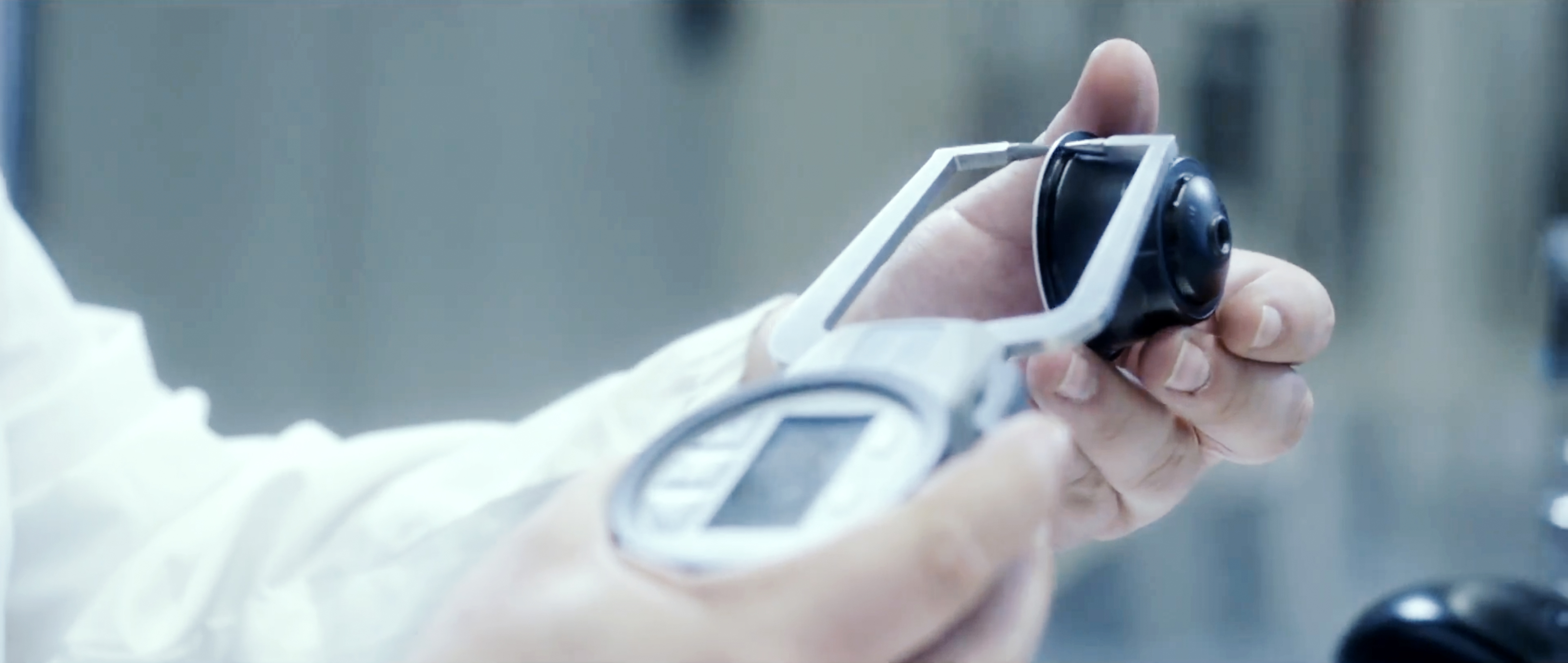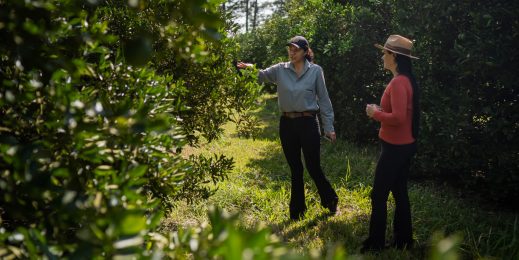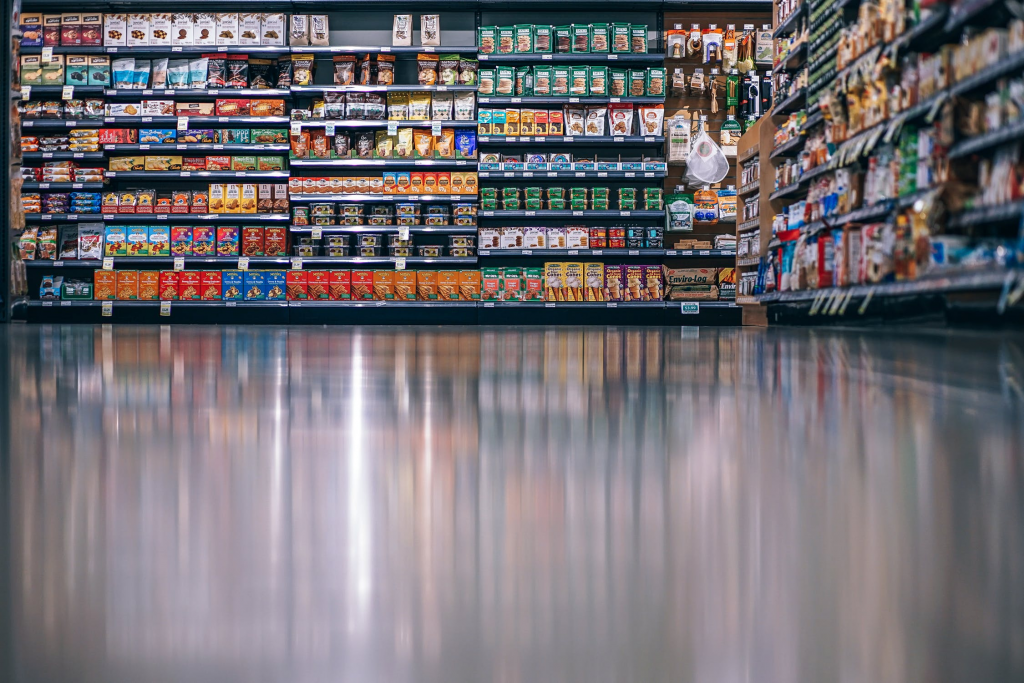
Manufacturing a solution to combat allergies in Europe
You’ve been in your local grocery store for over an hour, and you haven’t even made it past the first aisle.
While the other shoppers think you’re overly health-conscious, scrutinizing every food label for its nutritional content or dietary value, you know this is not an exercise worth rushing.
If you or someone you love suffers from a severe and debilitating form of allergy – caused by either foods, animals or pollens – then you know what it is like to live with the stress of a possible asthma attack, anaphylactic shock, or even death from an allergic reaction.
While the number of fatal reactions are thankfully low, fear remains high amongst the 150 million Europeans living with allergies. To make matters worse, up to 235 million Europeans are estimated to be affected by 2025 – making ‘allergy’ the most common chronic disease on the continent.
European classification, labelling and packaging standards remain some of the most stringent in the world. But the complex nature of modern food production and global supply chains means manufacturers still can’t guarantee there are no small trace of an allergen such as milk, egg or nuts in their products.
So how can we tackle this issue and buy food with confidence to fulfil our most basic human need – eating?
Greiner Packaging, one of Europe’s leading plastic packaging manufacturers, is revolutionizing the packaging production process to combat food contamination. The Austrian-based company developed ‘multi-barrier technology’ (MBT), which better preserves the likes of baby, convenience and pet foods as well as popular coffee capsules. MBT is designed to protect the contents of food packages from external effects and keep products fresh without adding potentially allergy-prone preservatives.
What’s more, this process is fully automated, contact-free and monitored 24/7 by a multi-camera system from beginning to end. By capturing and analyzing the data generated on Microsoft Azure and processed with the help of AI, Greiner can also uncover patterns and predict potential mistakes during the manufacturing cycle, minimize the chance of human-error, eliminate contaminated or rejected products from entering the supply chain, and ensure greater quality control across its 19 sites worldwide.
Despite the emergence of ‘touchless’ production processes – where no employees are exposed to products – many manufacturers still see humans as a central to their operations. Yet a common cause of cross-contamination is worker clothing; easily picking up and spreading bacteria and allergens across the factory floor.
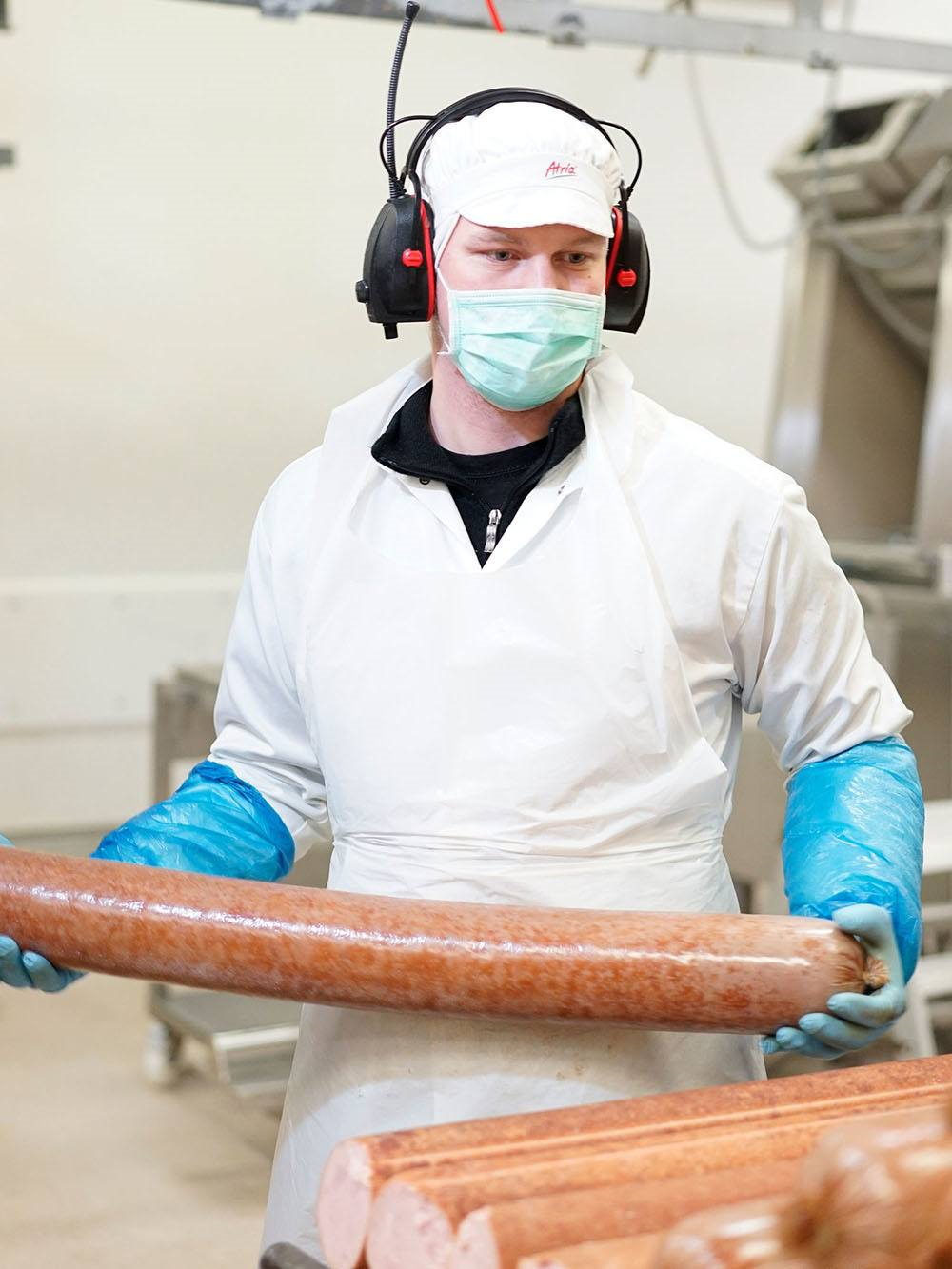 To help organizations overcome this challenge, one of Europe’s biggest textile service companies, Helsinki-based Lindström, which operates in 24 markets in Europe and Asia, attaches radio-frequency identification (RFID) tracking tags to its workwear to maintain worker hygiene throughout food production. This data is stored on Microsoft Azure, which allows factory floor managers to monitor and analyze the lifecycle of workwear to understand where and how often an item of clothing has been used, washed and maintained.
To help organizations overcome this challenge, one of Europe’s biggest textile service companies, Helsinki-based Lindström, which operates in 24 markets in Europe and Asia, attaches radio-frequency identification (RFID) tracking tags to its workwear to maintain worker hygiene throughout food production. This data is stored on Microsoft Azure, which allows factory floor managers to monitor and analyze the lifecycle of workwear to understand where and how often an item of clothing has been used, washed and maintained.
For example, Atria – one of the leading food companies in the Nordic countries, Russia, and the Baltic region – tracks the whereabouts and wear-history of over 30,000 garments to ensure its 2,500+ production employees have clean workwear available at the start of their shift and that no contaminated clothing enters their facilities.
Despite this, it only requires a tiny trace of a substance to trigger a severe and potentially life-threatening anaphylaxis. While it is good practice for food manufacturers to be overly cautious and include an allergen advisory on labels warning that products “May Contain” an ingredient, how can they prevent even the most microscopic allergens from entering the food production line?
.
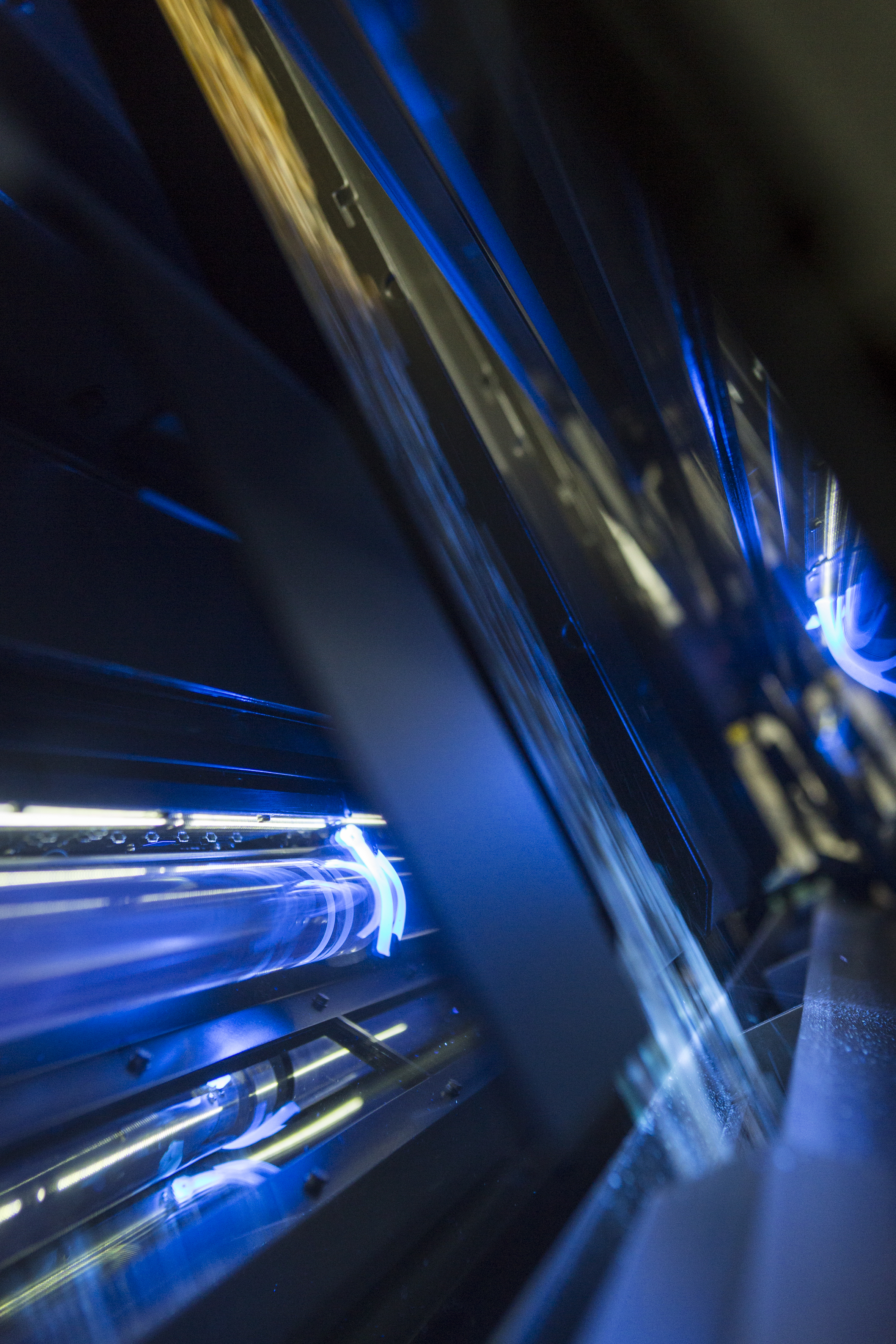 Finding a needle in the haystack is not easy, but Bühler Group, a solutions provider for some of the world’s largest processors and manufacturers of foods, is taking it to the next level. They have developed a technology capable of finding toxins in a single contaminated grain of maize amongst thousands.
Finding a needle in the haystack is not easy, but Bühler Group, a solutions provider for some of the world’s largest processors and manufacturers of foods, is taking it to the next level. They have developed a technology capable of finding toxins in a single contaminated grain of maize amongst thousands.
One such toxin is Aflatoxin; a poison produced by a fungal mold that grows on food when stored in moist and hot spaces. It can cause liver cancer and contributes to the stunting of millions of children.
In partnership with Microsoft, Bühler developed a new smart sorting technology that uses cloud-based real-time optical analytics to identify and sort out aflatoxin-contaminated maize grains – making a significant contribution to the health of millions of people. You can read more about Bühler’s new technology here.
Back in the grocery store, after minutes of looking at the ingredients list, you finally decide it’s time to move to the next aisle. As you turn the corner, you wonder if there will ever be a time when you no longer have to second-guess every item in your shopping basket.
With each day that passes, Europe’s food manufacturers are combining human ingenuity with technological innovation so the millions of people suffering from allergies can shop safe, eat well, and without worry. To that, we say “bon appétit!”





